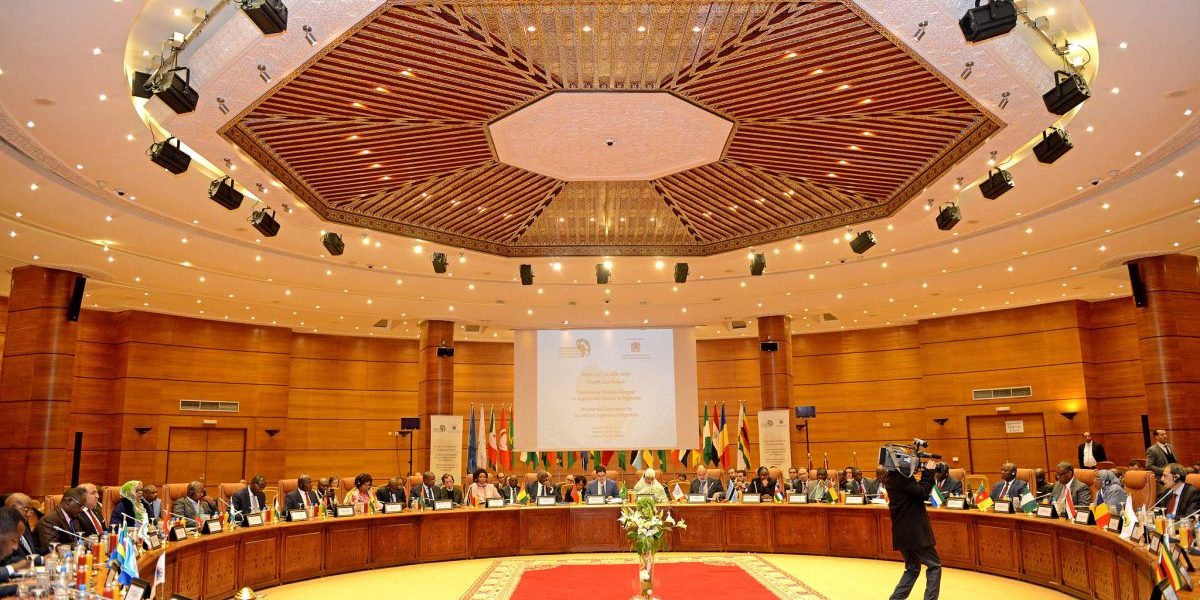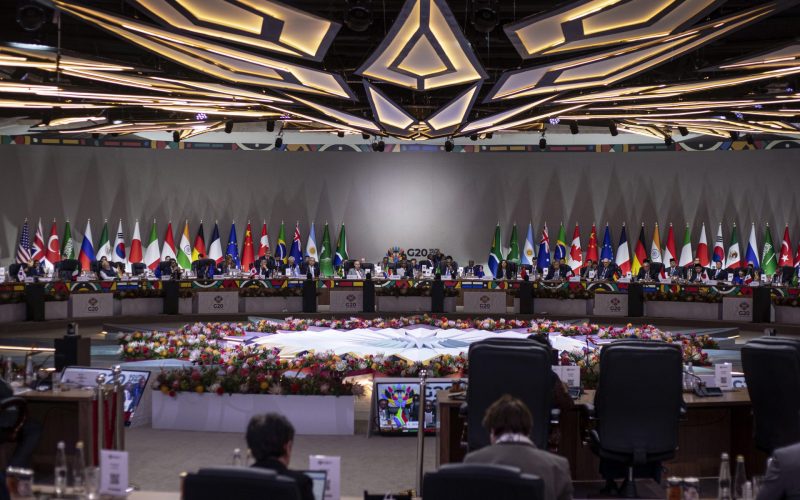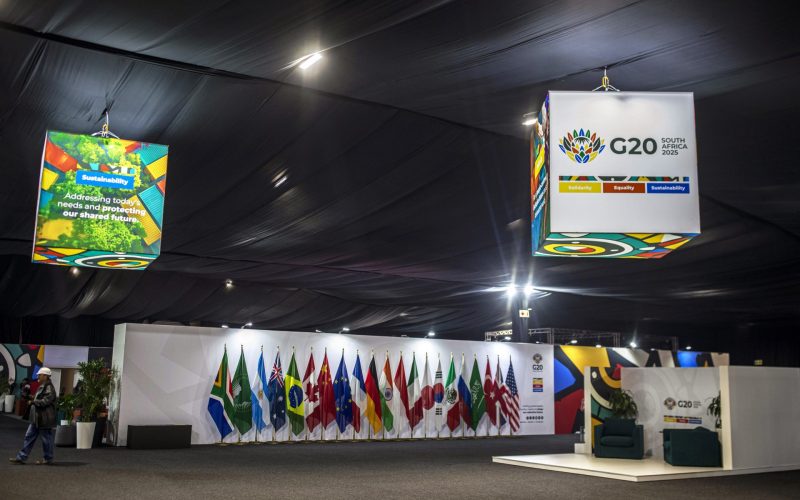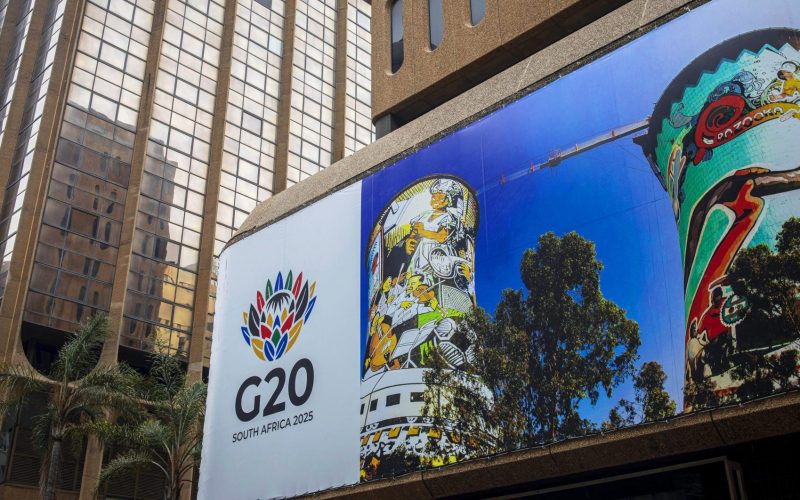By virtue of the country’s domestic order, specifically its democracy, human rights and globally integrated economy, South Africa has assumed leadership roles in various international platforms – the UN, African Union (AU) and the G-20. South Africa has used these avenues to advance Africa’s voice and issues. However, lacunae exist in the manner in which it has sought to advance issues populated in the African Agenda. Although South Africa’s domestic political rhetoric on human rights and democracy is lauded, its diplomatic actions have become less and less consistent with the core values that underwrite its foreign policy and constitution. Moreover, South Africa’s ‘lone-wolf’ attitude is at odds with regional anchor states. Dealing with this twin deficit requires that Pretoria foster solid, issue-based partnerships with key African states in order to gain more legitimacy when it speaks on African concerns in global forums.








